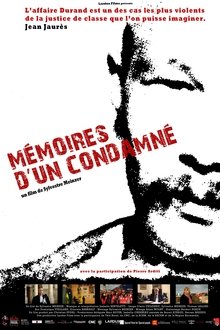Blair Brown narrates this gripping account of a community's struggle to preserve its way of life. In the summer of 1892, a bitter conflict erupted at the Carnegie Works in Homestead, Pennsylvania. The nation's largest steel maker took on its most militant union with devastating consequences for American workers.
Related Movies

Miners Shot Down (2014)
In August 2012, mineworkers in one of South Africa’s biggest platinum mines began a wildcat strike for better wages. Six days later the police used live ammunition to brutally suppress the strike, killing 34 and injuring many more. Using the point of view of the Marikana miners, Miners Shot Down follows the strike from day one, showing the courageous but isolated fight waged by a group of low-paid workers against the combined forces of the mining company Lonmin, the ANC government and their allies in the National Union of Mineworkers.

Wisconsin Crisis: Why it matters to Alberta (2011)
An in-depth look at the early 2011 crisis for public sector unions in Wisconsin, and why it matters in Alberta.
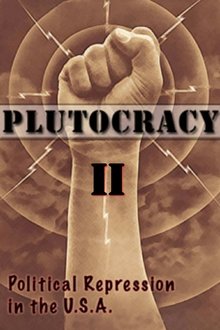
Plutocracy II: Solidarity Forever (2016)
The film, which is the second part of an ongoing historical series, covers the seminal labor-related events which occurred between the late 1800's and the 1920's. Its subtitle refers to a 1915 song composed by Ralph Chaplin as an anthem for unionized workers. The film itself is the cinematic version of that anthem, as it allows us a comprehensive understanding of the need for these early labor unions, and the enormous sacrifices of its members to ensure fairness, safety, and equality in the workplace.

The Flickering Flame (1996)
Documentary following dockers of Liverpool sacked in a labour dispute and their supporters’ group, Women of the Waterfront, as they receive support from around the world and seek solidarity at the TUC conference.
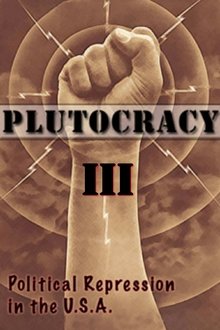
Plutocracy III: Class War (2017)
The early struggles of the working class are placed under a microscope in Plutocracy III: Class War, the latest chapter in an exceptionally well produced series which explores the origins of America's growing economic divide.
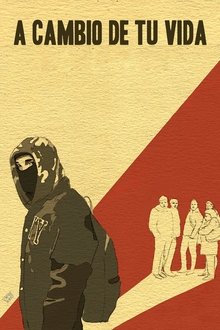
In Spite of Ourselves (2021)
An explosion in one of the largest chemical plants in Europe, the Petrochemical complex in Tarragona, triggers the labour struggle of a group of workers who demand what is fair for everyone.
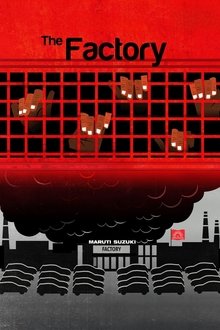
The Factory (2015)
This documentary film traces the struggle of Indian auto workers of the Maruti Suzuki factory in Manesar, near Delhi, in forming a union. Investigating the underbelly of class conflict and exposing a widespread system of injustice, the film focuses on the repression faced by the workers and their criminal prosecution.

Chandler's Mill (1990)
A historical drama set in 1889, Chandler's Mill examines the plight of workers, and particularly child workers, in the New Brunswick wool industry. The story revolves around the efforts of one young teenage girl to better the lives of her friend and other workers, on the eve of a public hearing of the Canadian Royal Commission on Capital and Labour. Through the use of historical re-enactment, Chandler's Mill explores the issues of child labour, worker's rights and union organizing in 19th-century Canada.

Solidarność: How Solidarity Changed Europe (2019)
Gdańsk, Poland, September 1980. Lech Wałęsa and other Lenin shipyard workers found Solidarność (Solidarity), the first independent trade union behind the Iron Curtain. The long and hard battle to bring down communist dictatorship has begun.

American Dream (1990)
When workers at the Hormel meatpacking plant in Austin, Minnesota are asked to take a substantial pay cut in a highly profitable year, the local labor union decides to go on strike and fight for a wage they believe is fair. But as the work stoppage drags on and the strikers face losing everything, friends become enemies, families are divided and the very future of this typical mid American town is threatened.
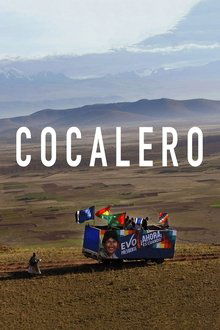
Cocalero (2007)
A documentary centered on the union formed by Bolivian farmers in response to their government's (which was urged by the U.S.) effort eradicate coca crops, and the man who would come to represent them, Evo Morales.
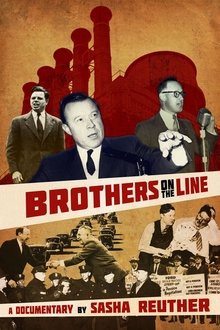
Brothers on the Line (2012)
Brothers on the Line explores the extraordinary journey of the Reuther brothers – Walter, Roy, and Victor – union organizers whose unshakeable devotion led an army of workers into an epic human rights struggle.
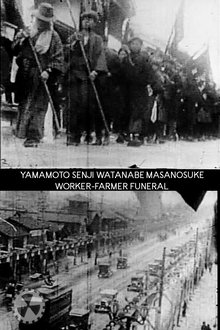
Yamamoto Senji Watanabe Masanosuke Worker-Farmer Funeral (1929)
After his Tokyo farewell ceremony, Yamamoto's ashes were sent to Kyoto on March 9. Many friends and citizens gathered at his home in Uji. On the 15th a worker-farmer funeral was held at the Sanjo YMCA. Prokino's Kyoto Branch shot these five days of activities. The long line of cars is filled with taxis, whose drivers deeply admired Yamamoto. The Watanabe in the title refers to the head of the Communist Party of Japan. Watanabe was returning to Japan from Taiwan when he was stopped by authorities. He committed suicide in their custody. Yamamoto and Watanabe were mourned together.
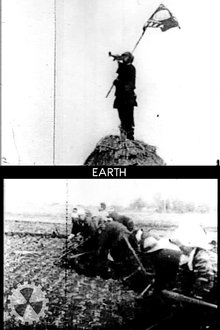
Earth (1931)
A main agenda of the prewar farmer's movement was struggle against landowners. Prokino also considered this as their prime concern. The main title sequence and the latter part of the film have unfortunately been lost. While we cannot see its entire structure, we can still get a glimpse of it from this surviving short.
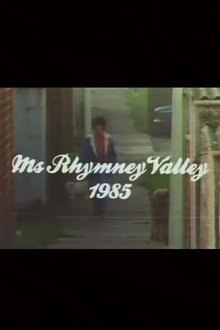
Ms Rhymney Valley (1985)
Portrait of a community in the heart of South Wales almost one year into the miners' strike of the 1980s.

When We Fight (2023)
In the second largest school district in the United States, 98% of teachers vote to authorize a strike. Watch as one of the largest educator strikes in modern U.S. history unfolds in real-time, highlighting the stories and leadership of some of the women who led it, from union leaders to classroom teachers. From strike vote to contract vote, When We Fight goes behind the picket lines, documenting how and why teachers strike. "This powerful and beautifully crafted film is a must watch for anyone interested in the state of labor in America today." - Robert Reich, former Secretary of Labor and Professor of Public Policy, UC Berkeley

